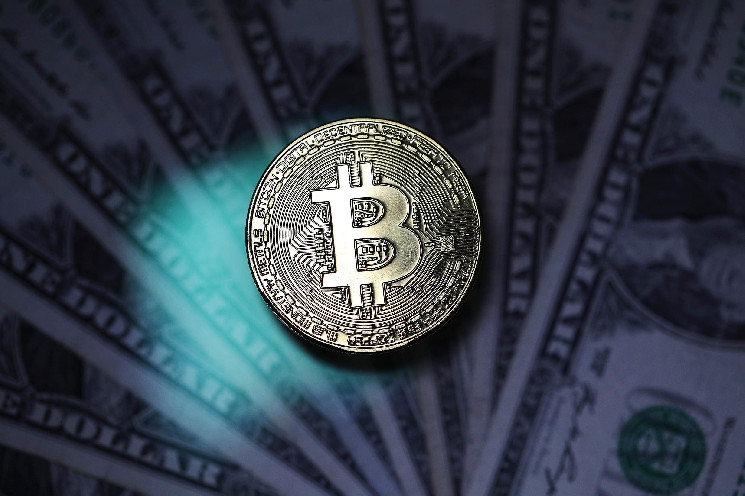It is no secret that the topic of bitcoin and the broader cryptoasset space has continuously been a topic of controversy and debate in the United States. From being derided by most every TradFi institution in the United States to having 11 spot bitcoin ETFs attracting billions of dollars rapidly since inception it has become readily apparent that the U.S. private sector has embraced bitcoin and tokenized payments. These institutions include Blackrock, the largest asset manager in the world, and J.P. Morgan, the largest and most influential bank in the U.S. At the same time investment in bitcoin continues to hit all-time highs other indicators continue to point to greater interest in the space such as stablecoin capitalization and the resurrection of the NFT sector.
Despite these positive private sector trends, news, and indicators the pushback from U.S. policymakers has been fierce. The SEC continues to push to classify virtually every cryptoasset as a security, has open lawsuits against Coinbase (an exchange that is registered with the SEC), and has launched new investigations against organizations that are conducting business with the Ethereum ETH Foundation. In addition, politicians continue to spar despite the obvious success of bitcoin and other tokenized assets. Elizabeth Warren has remained one of the most strident anti-crypto U.S. politicians, with her positions bolstered as the White House has recently reintroduced a potential 30% tax on bitcoin miners.
Such a divergence cannot remain and is entirely counterproductive to level-headed conversations around what are technologies that are well positioned to reshape currency and business moving forward.
The Dollar Is Already Digital
According to a study by the Federal Reserve Bank of San Franciso, only 19% of total, and 6% by value, of dollar transactions were conducted using cash. No matter what metric is used to measure the pivot of dollar-based transactions the reality is clear; the dollar has already gone digital. This is not to dismiss the arguments being made both for and against a central bank digital currency (CBDC); both sides have valid concerns that need to be addressed in a productive manner.
The debate around CBDCs, however, potentially overshadows the reality that transactions for both business and individuals, are already increasingly digital/virtual in nature. Framed in that context it seems logical to conclude that as tokenized payments and blockchain-based transactions continue to increase in frequency and value that these technologies will become part of dollar transactions.
To that point, firms that are household names that include JP Morgan and PayPal PYPL , have launched tokenized payment products for internal use and stablecoins, respectively; it seems short-sighted to fight against these trends.
Money Is Technology
Building on that first point is it increasingly clear that money is less a currency (not to mention the obsolescence of physical units), and more a technology. As digitization accelerates in every aspect of the global economy, be it driven by blockchain or some other technology, money is transitioning to yet another technology application. With digital and virtual transactions forming an increasing percentage of total transaction volume and value, and the tokenization of TradFi assets well underway (and led by TradFi institutions) the line between money and technology is almost invisible.
These trends do not even touch on the important role that digital and tokenized transactions will have to play as e-gaming, streaming content, and augmented reality continue ascents into the mainstream. The metaverse may have been over-hyped at the beginning, but augmented reality and virtual reality continue to improve, and represent an almost ideal use case for tokenized/technological money.
The U.S. has long been a hotbed of technological innovation, and ignoring the evolution of money would harm both consumers and companies moving forward.
Reserve Status Is Not A Right
The United States enjoys one of the most exorbitant privileges that any nation can ever experience via the dollars role as the global reserve currency. With the U.S. dollar serving as the backbone for financial transactions and global markets for almost 70 years it is almost inconceivable to think of a world where this is not the reality. Difficult, but a mindset that ignores historic precedent; multiple nations and empires have held the global reserve currency in the past, and the U.S. is simply one in a long line whose currency has held this position.
As challenges to U.S. economic and geo-political strategies continue to emerge and rise, combined with the digitization of U.S. dollar transactions and the increasing technological nation, the reserve currency status of the dollar should not be taken for granted. Rather, policymakers should build on private market efforts to incorporate tokenization, embrace the digitization of the dollar, and invest proactively into the technological future of money.
Instead of fighting against the tide, U.S. policymakers should follow the private sector example embracing bitcoin and other cryptoassets.
Read the full article here

